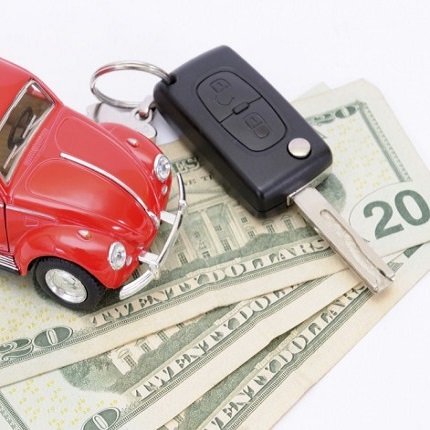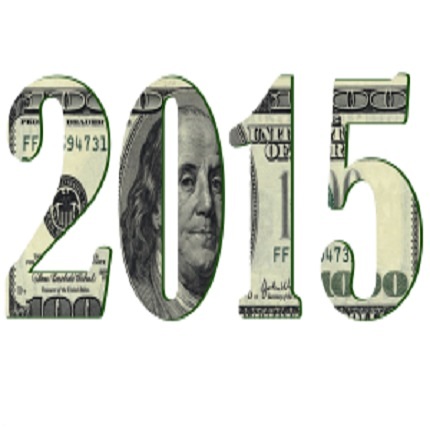How Your Tax Refund Could Improve Your Credit
 Money can’t buy you a good credit score, but you might be able to use your income tax refund strategically to polish your credit.
Money can’t buy you a good credit score, but you might be able to use your income tax refund strategically to polish your credit.
How to go about it depends on where you are in your credit journey.
New To Credit
If you’re just starting out, you can use a tax refund to get a credit card designed for newbies. A secured credit card, as the name suggests, is guaranteed by money you deposit upfront. The amount you deposit is usually the credit limit you’ll have. Use it lightly — don’t charge any more than 30% of your credit limit — and pay it off monthly. That helps you build your credit history and score. Your deposit will be returned to you when you close the card or when you “graduate” to an unsecured card.
Another way to build a credit history is to deposit some of your refund in a bank or credit union and take out a loan against that amount. These are usually called secured loans. The money on deposit is collateral, and you essentially borrow from yourself at a low interest rate.
Credit scoring models reward you for having both revolving accounts (with variable payments, like a credit card) and installment accounts (level payments for a set time, like a car loan). You don’t have to put down a large deposit to gain the benefit. But it’s important to choose an account that reports your payments to the three major credit bureaus, Equifax, Experian and TransUnion. Check with the card issuer or financial institution to make sure they will be.
Missed Payments In The Past Two Years
Missed payments can devastate a credit score.
“Making sure every late account is brought current has to be your first focus,” Barry Paperno, a credit expert who spent four decades working for Experian and scoring company FICO, says.
Catching up on payments stops additional negative marks from piling up on your credit reports. Staying current and letting the missed payment recede into the past will help your score recover. Then, if you have money left, consider using it to open other credit accounts.
“Scores look at the ratio of good accounts to bad,” Paperno says. “So if you had two credit cards and a car loan, and you missed both a credit card payment and a car payment, you’d have two bad accounts to one good one.”
Secured accounts give you opportunities to redeem yourself in creditors’ eyes. By getting a secured credit card and a secured loan and paying both on time, you’d then have three good accounts to two bad, diluting the damage.
Have Cards With High Balances
Whittling down or paying off a big credit card balance is as close as you will come to a miracle cure for an ailing credit score. The portion of your credit limit you’re using, called credit utilization, is a huge factor in your score. Nothing counts more except paying on time.
Paperno’s advice: “Aim to get each card below 30% of its credit limit, because utilization is calculated both overall and per card. Of course, paying off every card every month is ideal.”
Have Balances On Several Accounts
Credit expert John Ulzheimer, who has worked for Equifax and FICO, says a tax refund can also help your score if you’re able to pay what he calls “nuisance balances,” or small balances on multiple cards.
“It’s common to have them left over from holiday spending,” Ulzheimer says. “Part of your score has to do with the number of accounts carrying balances. Getting each of those down to zero will help.”
Accounts In Collections
It’s no secret that people find themselves with extra cash around tax time, and debt collectors may come calling. Rather than ducking them, try to capitalize on the opportunity.
“A lot of collection agencies will actually run specials, like 50% off your balance or 75% off your balance,” Ulzheimer says. “If you have collections, consider wiping them out. It’s not only good for them but also good for you. That gets them off your back … and ends the possibility of a collections lawsuit. Paying off collections won’t help your scores, but it will end that nasty chapter of your credit life.”
Source: WCF Courier



![[ File # csp4851659, License # 2471543 ]Licensed through http://www.canstockphoto.com in accordance with the End User License Agreement (http://www.canstockphoto.com/legal.php)(c) Can Stock Photo Inc. / gunnar3000](https://www.fastforwardaccounting.net/wp-content/uploads/2014/12/debtmanagement2.jpg)
